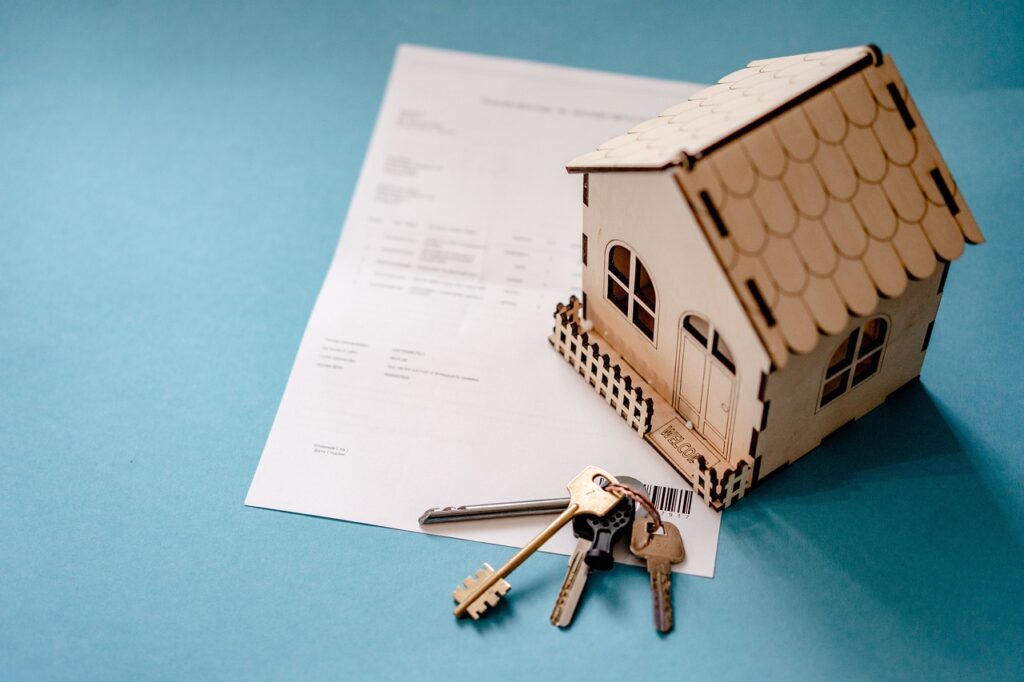Buying a property is one of the biggest financial decisions most of us will ever make.
But what many people don’t realise is that the beauty of a flat or the location of a plot isn’t enough. What’s crucial is whether the property is legally clear. This means that the title is free from disputes, the ownership is genuine, and no hidden liabilities exist that could come back to haunt you.
In simple terms, a legally clear property is one that has a transparent and verifiable ownership history, no pending loans or mortgages, valid municipal approvals, and all its taxes paid.
If you don’t verify this before buying, you could end up in a legal tangle or, worse, lose the property altogether.
Let’s understand the key documents you must check and why they matter:
| Document | Why It’s Important |
|---|---|
| Title Deed | Confirms who legally owns the property. Make sure it’s in the seller’s name and not under dispute. |
| Encumbrance Certificate (EC) | Shows if the property has any unpaid loans, mortgages, or court attachments. Usually issued for 13 years or more. |
| Previous Sale Deeds | Let you trace ownership history and spot any irregular transfers. |
| Mutation or Khata Certificate | Mutation reflects the updated owner in land revenue records; it’s key for paying property taxes. |
| Approved Building Plan & Occupancy Certificate | Ensures that construction followed legal norms and is fit for use. |
| Property Tax Receipts | Proves that the seller has paid all dues to the municipality. |
| RERA Registration (for under-construction properties) | Confirms that the builder and project are registered under the Real Estate Regulation and Development Act, 2016. |
In case of inherited properties or those acquired through other legal means, documents like legal heir certificates, probate orders, or gift deeds should also be verified.
Under Section 17 of the Registration Act, 1908, certain documents like sale deeds and gift deeds must be compulsorily registered — an unregistered document in such cases may have no legal standing.
If someone claims to sell you a property via Power of Attorney (PoA), be cautious. A PoA merely authorises a person to act on behalf of another — it does not transfer ownership by itself.
The Supreme Court in Suraj Lamp & Industries vs State of Haryana (2011) held that PoA-based property sales are not valid sales and should be discouraged unless regularised through a registered sale deed.
For a deeper understanding, read our guide on Power of Attorney vs Sale Deed – Don’t Get Cheated.
Now, suppose you’re looking at a piece of land. In such cases, you should also inspect the Khasra-Khatauni records — these are rural land records that show actual possession and cropping history.
Thankfully, many states like Uttar Pradesh, Bihar, and Madhya Pradesh allow you to access these records online.
Not sure how to do that? Check our blog on How to Get Your Land Records or Khasra-Khatauni Online.
Finally, always insist on checking original documents, not just scanned copies. If possible, consult a real estate lawyer to verify them or even get a legal opinion. It’s a small step that can save you years of stress and litigation.
Also read: What is a Sale Deed and Why It Matters in a Property Deal to understand how ownership gets transferred legally.
Knowing what to look for is only half the job. You must also know where and how to verify those documents. Most of these checks can be done online or with the help of a local lawyer.
Let’s walk through the practical steps:
| Step | How to Do It |
|---|---|
| Verify Title Deed & Ownership | Visit the local Sub-Registrar Office or check online through state land records portals. Look for registered sale deeds under Section 17 of the Registration Act, 1908. |
| Get Encumbrance Certificate (EC) | Available at the Sub-Registrar office or online via respective state portals (e.g., IGRS Telangana, Tamil Nadu EC). |
| Check Property Tax Dues | Visit the local municipality or use your city corporation’s online portal. Ensure the tax is paid up to date. |
| Mutation Records (Khata/Khatauni) | Mutation confirms your name in revenue records. You can access them online in many states like UP Bhulekh or MP Bhulekh. |
| For Flats: RERA Registration | For new properties, check builder and project details on https://rera.gov.in. RERA ensures the builder is accountable under the Real Estate (Regulation and Development) Act, 2016. |
If the property has a history of ownership through will or inheritance, make sure probate (court validation of the will) is obtained if required. Under the Indian Succession Act, 1925, a probate is mandatory in cities like Mumbai, Chennai, and Kolkata when a will affects immovable property.
You should also conduct a local inquiry — talk to neighbours, check for public notices about the land, and confirm that there are no ongoing disputes. If you are unsure at any stage, hire a property lawyer for legal due diligence, especially if large sums or ancestral property are involved.
If you discover illegal structures or ongoing encroachments, read our guide on What to Do If There Is an Illegal Construction Next to Your Home.
It’s tempting to go by word-of-mouth or trust your broker, but in property deals, legal clarity is non-negotiable. Taking one wrong step can lead to years of litigation and financial loss.
FAQs
1. How do I know if a property is under dispute?
Search court records or ask the local sub-registrar. Hiring a lawyer for a title search is best.
2. What is an Encumbrance Certificate used for?
It shows if the property has any legal or financial liabilities.
3. Can I check property ownership online in India?
Yes, most states have online portals for land records. Examples include Dharani (Telangana) and UP Bhulekh.
4. Is RERA registration compulsory?
Yes, for all real estate projects above a certain size. Check registration on rera.gov.in.
5. What if the seller has only a Power of Attorney?
A PoA alone is not valid for transferring ownership. A registered sale deed is mandatory.



